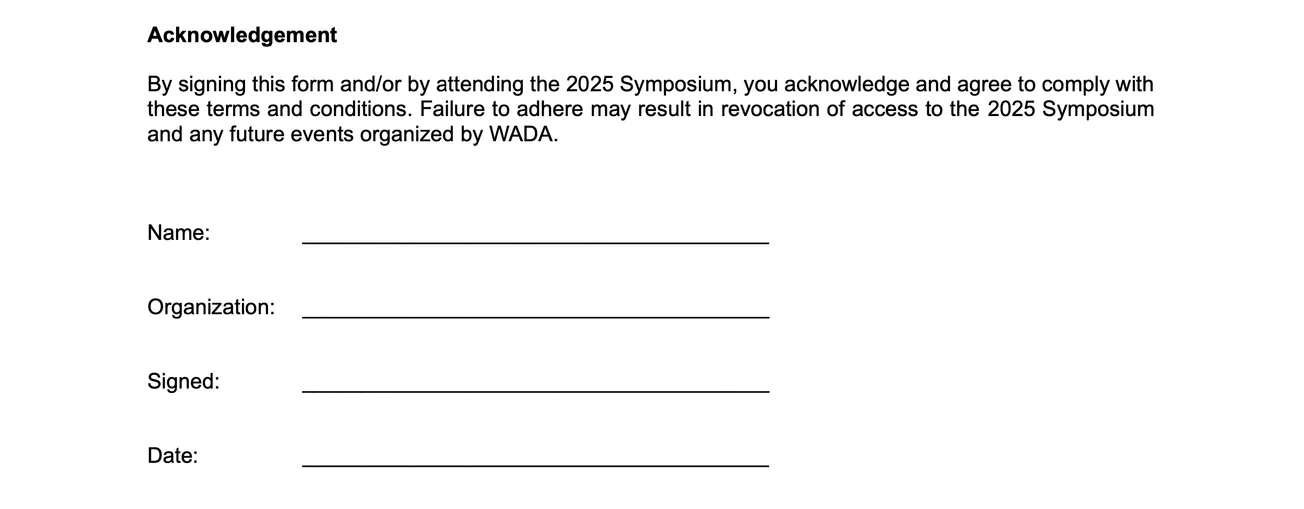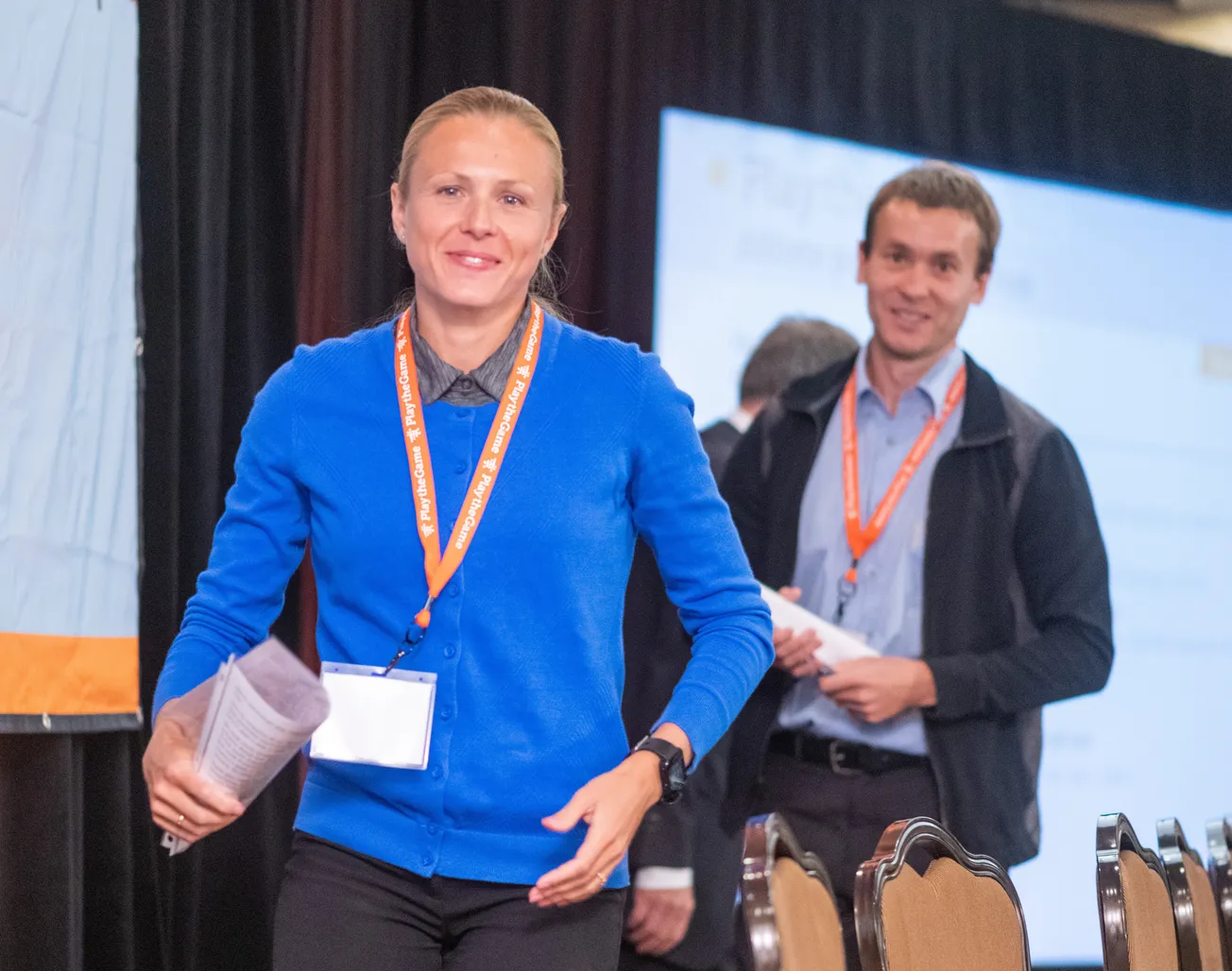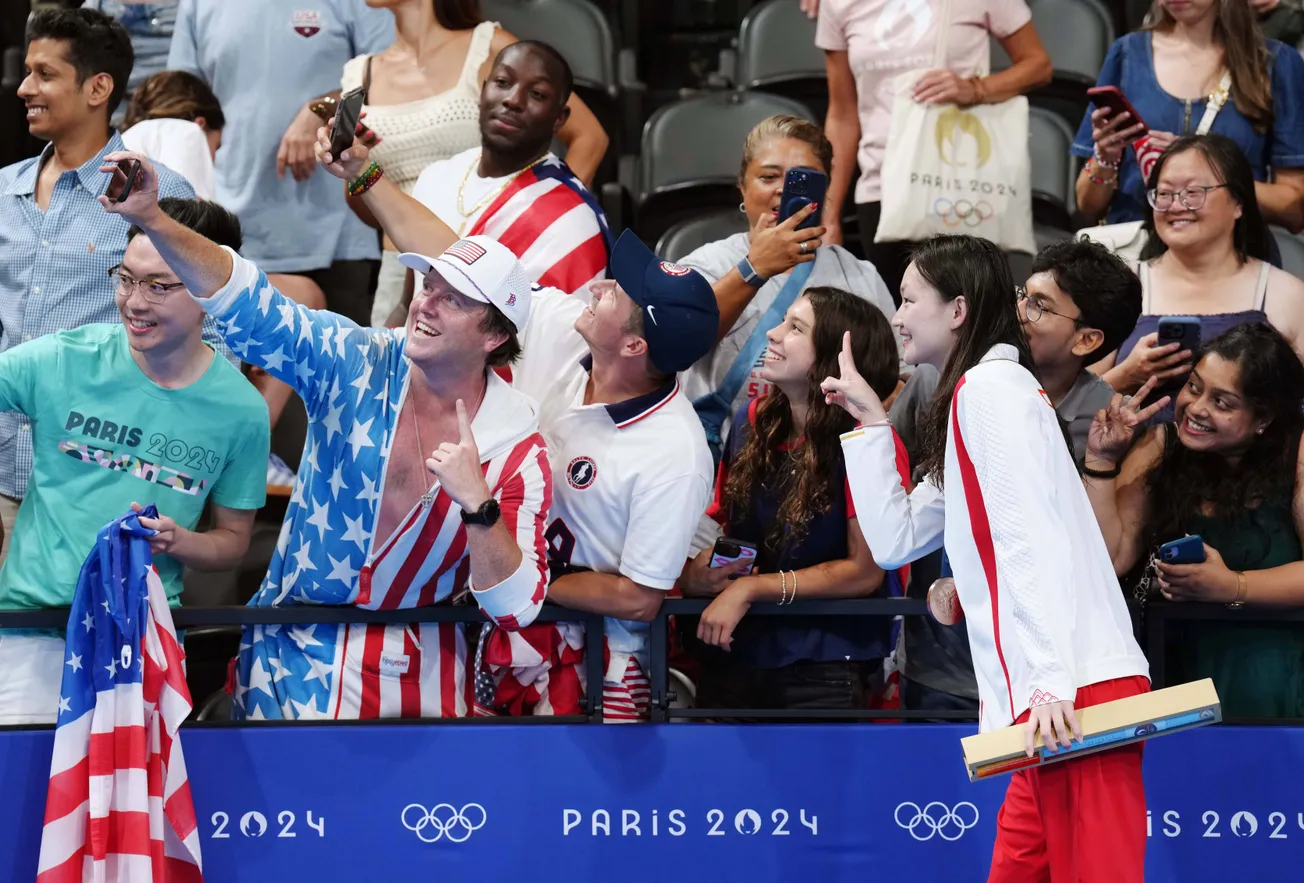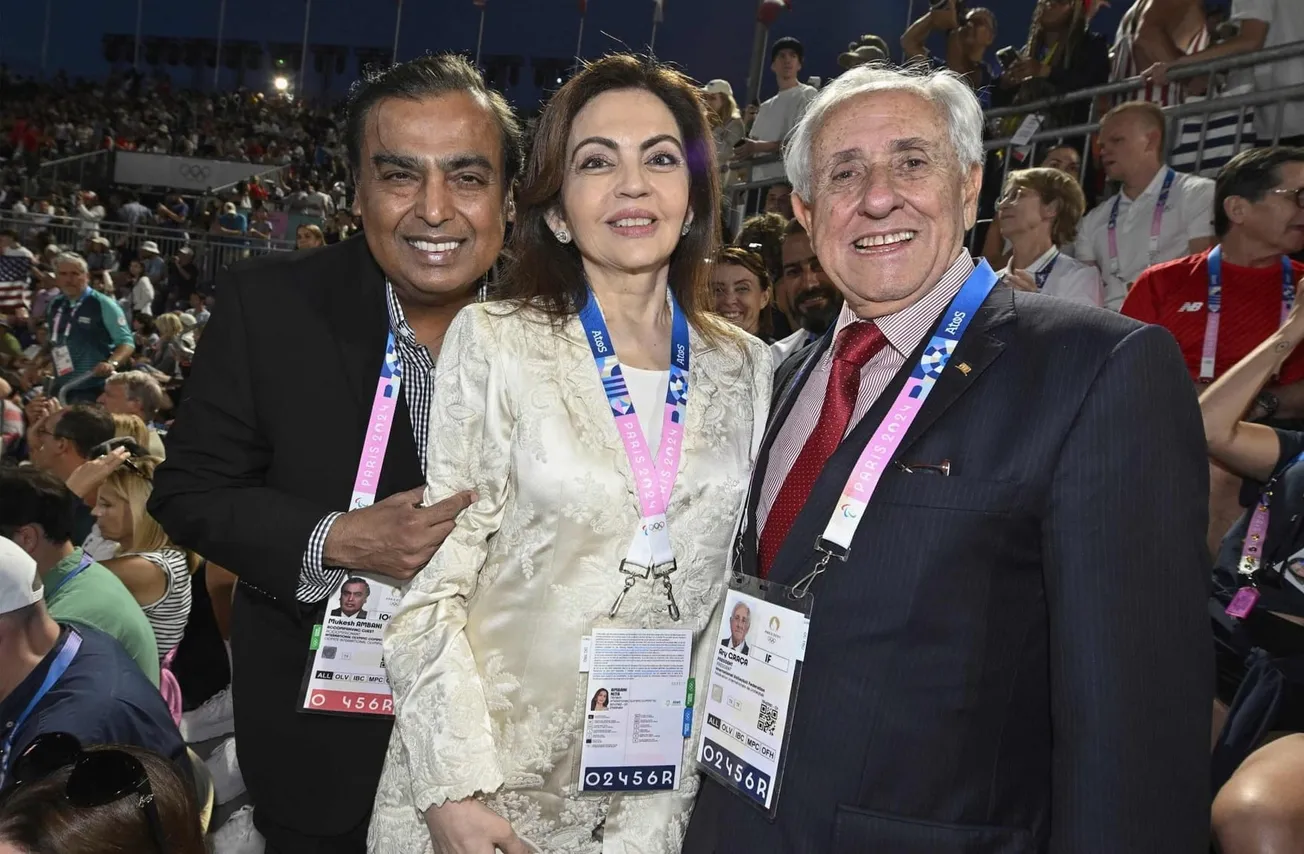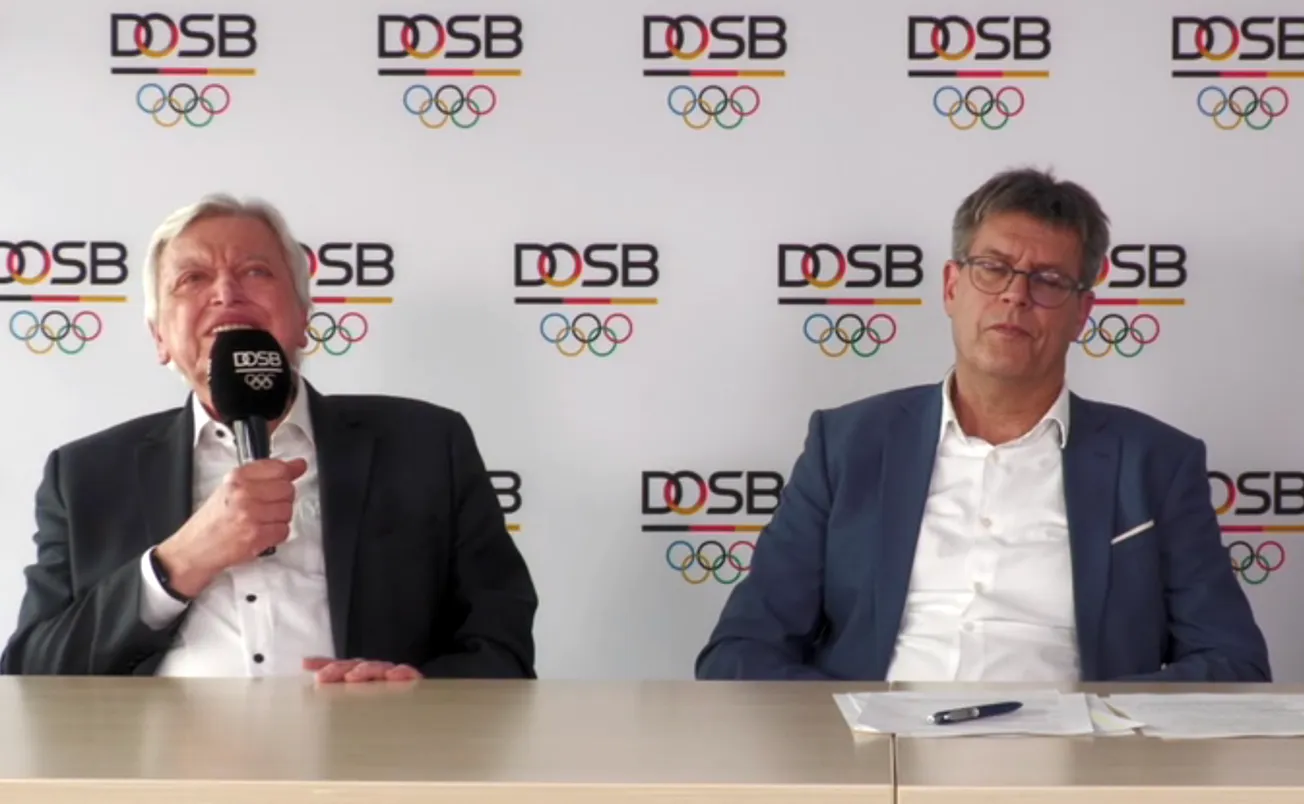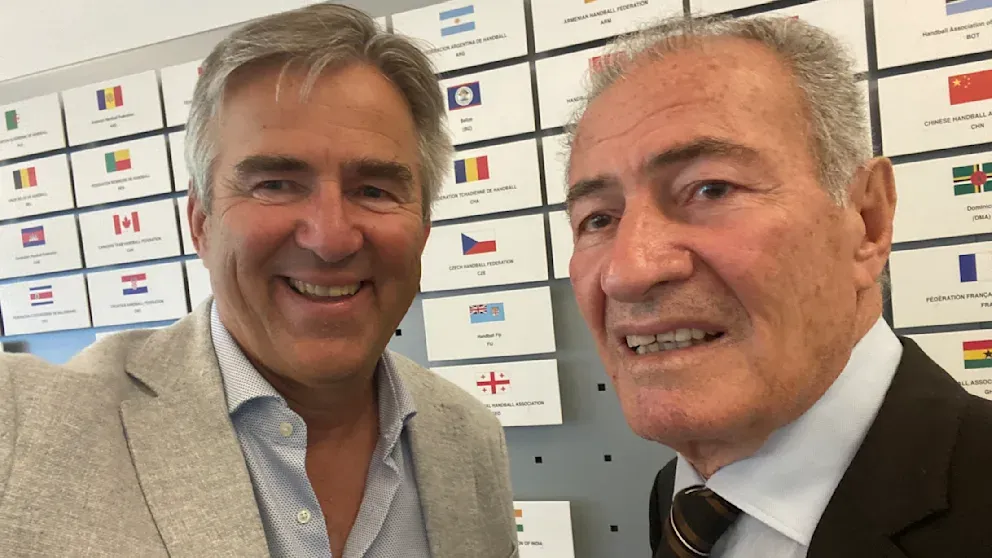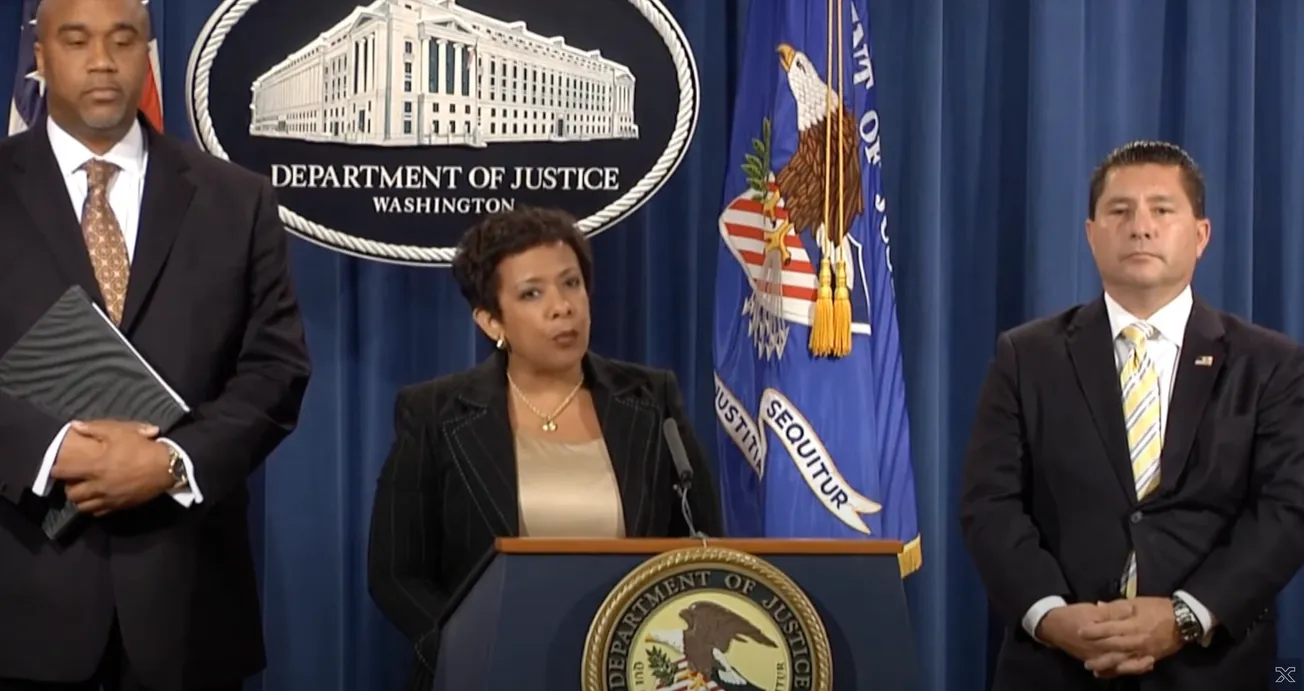A quarter of a century after the creation of the World Anti-Doping Agency (WADA) and 10 years after the Russian doping conspiracy at the Winter Olympics in Sochi, endeavouring to achieve fairer competition is still challenged by crucial problems. One of them: it is almost impossible to conduct credible, unannounced doping tests in dictatorships. The latest example is North Korea, which WADA declared non-compliant with the WADA Code on 7 October 2021 as "a result of non-conformities in implementing an effective testing programme".
In other words, WADA did not trust testing of North Korean athletes to the national anti-doping authorities inside the dictatorship. But after just one International Testing Agency (ITA) mission inside the isolated country of the Supreme Leader Kim Jong-Un, WADA declared on 15 January 2024 that North Korea has now met all WADA's requirements to be removed from the agency's blacklist.
This list now includes only three signatories to the WADC: the NOC of Angola, the Russian Anti-Doping Agency (RUSADA) and the International Fitness and Bodybuilding Federation (IFBB). At its most recent meeting in Lausanne yesterday, the WADA Executive Committee placed six anti-doping organisations (ADOs) on the compliance watch list:
- Vietnam National Anti-Doping Organisation (NADO)
- Bahamas NADO
- Cameroon NADO
- Peru NADO
- Sri Lanka NADO
- World Wheelchair Rugby
Andrew Maggio, WADA’s media manager, explained the case of North Korea in an email to THE INQUISITOR as follows:
"The National Anti-Doping Organisation of the Democratic People's Republic of Korea (DPRK) addressed all the reinstatement conditions to the satisfaction of the WADA management, the independent Compliance Review Committee, and the Executive Committee. (…) This included shipping of samples collected in DPRK to WADA-accredited laboratories outside of DPRK and granting international testing authorities access into DPRK for the purposes of sample collection."
However, WADA's decision to reinstate North Korea after only one international test visit, which took place in the fourth quarter of 2023 and is the first external test inside the dictatorship in at least four years, is so controversial that our sources question the decision.


